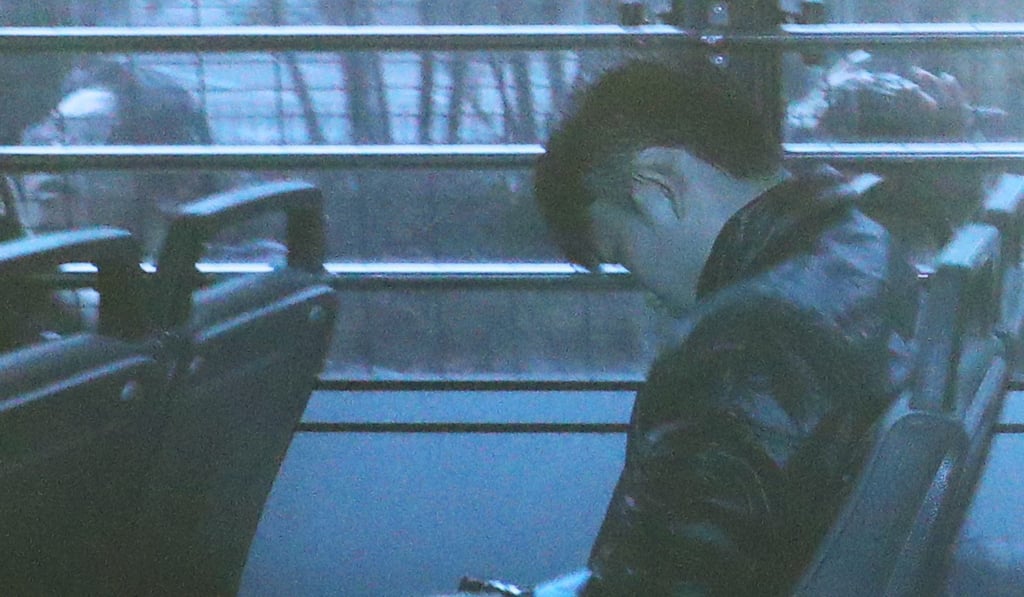Civic Party weighs into extradition row with plan to allow Hong Kong courts to try murder suspects for crimes committed abroad
- Pan-democrats’ plan a response to government’s controversial bid to transfer fugitives to non-extradition jurisdictions
- But fears are expressed over retroactive nature of amendment

A group of lawmakers have proposed giving the city’s courts the right to hear murder cases involving Hong Kong suspects abroad – but some fear the plan would come at too great a cost to the justice system.
The Civic Party laid out its idea as it stepped up the fight against the government’s controversial bid to transfer fugitives to jurisdictions the city does not have an extradition agreement with.
Detailing their counterproposal on Thursday, the party’s leader Alvin Yeung Ngok-kiu said it could save the government from having to push ahead with its plan.
Yeung said the party, which has the backing of other pan-democrats, would move a private member’s bill amending the law, and it would apply retroactively.

The government’s proposal and the Civic Party’s response have been motivated by a case involving Hongkonger Chan Tong-kai, 20, who is wanted in Taiwan in connection with the death of his pregnant girlfriend in Taipei last year.